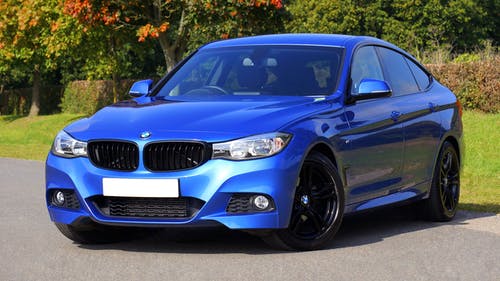To expressly answer this, it’s necessary to understand the concept of addiction. Addiction is a desire that comes from a short-term reward having perilous long-term consequences. In essence, addiction is a psychological demand for immediate excitement that causes long-term issues.
Observing the recent craze about cars, we can see the desire for them increase exponentially year after year. Brands improve on previous models, driving up sales, as people pour their savings into acquiring their “dream car”
We see young adults set goals for their first big win and include the need for a Car. Businesses exploit this weakness – human wants are insatiable.
Cars are beneficial in many ways. They guarantee faster transportation, style, and class. They also represent the status of the owner as models differ from another.
In contrast, cars expose us to health hazards and long-term effects. We are constantly being exposed to germs, dust, and air pollution. Our lives are always at stake as there’s always the danger of accidents and obesity. An increase in cars also causes decay in our cities and the rise of the suburbs.
The relatively small enjoyment compared to the health hazards fits directly into the definition of an addiction.

We are well aware of the health hazards we are constantly being exposed to yet we choose to enjoy the euphoria of owning a car. This addiction has driven many to their early graves as society has labeled owning a car the validation of success.
In this light, we can say our society is filled with addicts seeking satisfaction. Imagine the colossal damage that arises if a whole city is filled with opiate addicts. It’ll be a state of emergency for an epidemic. So also is the craze for cars. It is an epidemic of car addiction.